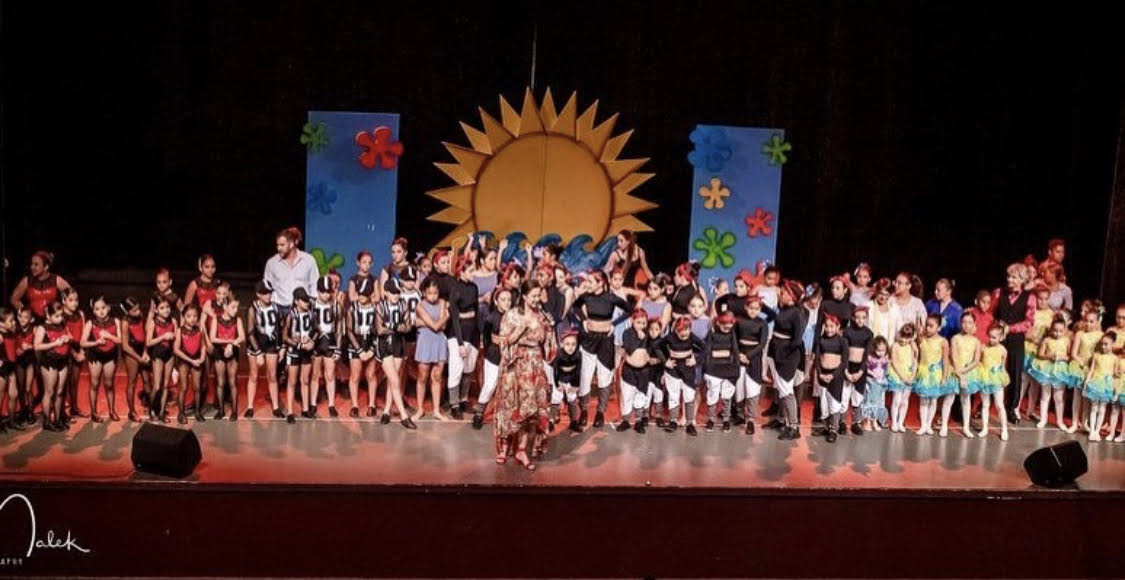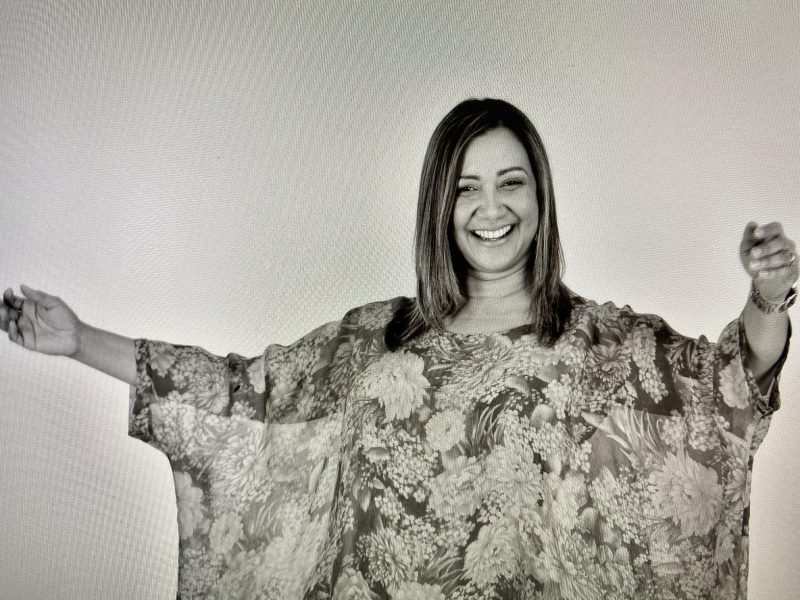Daysi Cepeda never thought about closing her Creativo Dance Studio before 2020, when the pandemic shook her to her core.
Since 2002, Cepeda had been teaching young students dance in her studio locations, watching them blossom into happy, self-confident girls and boys. She adjusted the programming over the years and tried different locations before she hit her stride. Before the pandemic rocked her world, she was offering after-school programs and summer camps that were very popular with students and their parents. She had expanded to three locations.
Then along came Covid. Cepeda, of course, lost her business but there was still rent to pay; her landlord wouldn’t negotiate on any of the lease agreements. She let go of one location and decreased space in another location by half. “I was devastated, going from being very successful to having zero students.”
She pivoted quickly to online classes but she drew far fewer students than she had. “So then I needed to make a decision — am I going to keep the studio or am I going to close?”, said Cepeda. “I was almost ready to give up. All those years of hard work, a lot of dedication, and then all of a sudden you see yourself having nothing basically, like all your savings gone, your business is down on the floor — it’s been really tough.”
But Cepeda had put her heart and soul into the business and believes deeply in the power of dance and the positive energy her students get from it. She’s seen the changes in her students first-hand — they come in with low self-esteem and dance gives them self-confidence. “We were the type of studio that had a lot of community interaction. I did a lot of educational programs in the schools and performances. I encouraged the girls and boys to dance because of the physical and mental opportunities of becoming better people.” She wasn’t ready to give up.

So Cepeda applied for government relief, including the Paycheck Protection Program. That helped but because her employees were contractors, she didn’t qualify for very much. She depleted her reserves and her savings, but in July she decided to reopen Creativo Dance Studio in two locations, one on Coral Way and another on 82nd Avenue, following Covid-19 protocols.
That first month after reopening her studios, Cepeda had just 10 students, but each month the number grew. By September she had 30 students, then 40 in October, and so on. Now she has about 90 students who take one-hour classes in one of her two studio locations. It’s not back to pre-pandemic levels when she had the afternoon programs that were several hours long, but it’s sure a big leap from zero.
“I feel that is fantastic, considering the fact that I had zero,” Cepeda said. Most of her students are new, but she keeps in touch with her former students hoping they will at some point want to restart classes. “I’m changing completely the way I’m doing the programs. I had to go back and teach again, and that’s basically been a nice success story.”
She turned to the Florida SBDC at Florida International University for help with her business recovery. Last August, the company was referred by Prospera back to FSBDC at FIU for further assistance under a joint project supported by the Miami Foundation’s Building Prosperity Initiative. FSBDC at FIU, the small business development center within the College of Business, offers no-cost consulting to small businesses in Miami-Dade and Monroe Counties, as well as trainings and webinars. Cepeda said the FSBDC at FIU team, particularly consultant Nile Kirec, motivated her to continue to push toward her goals. “With every new member I felt like we had that energy, that things were going to get better.”
First, FSBDC did an analysis of her business and her website and found that her website lacked in some areas and was not helping to bring in more students. FSBDC also did an analysis of the methods she used to recruit. Kirec, who specializes in marketing and branding, helped her research the demographics of each area where her studios were located “and it opened my eyes to a lot of things I could have done differently.”
After the FSBDC team helped Cepeda with her website, her website’s proficiency went from 23% to 84%, “and people started calling me,” she said. “I’m having more visibility.” Although she had always been good at social media, she had slowed down, and Kirec encouraged her to ramp it up again.
“They gave me the direction that I needed.”Having a consultant to bounce strategies off of and give her motivation was super important, and recently Kirec alerted her to a $10,000 small business grant opportunity that she applied for and received. The emotional support was also key, Cepeda said. “You don’t function if your emotions are not right … They gave me hope.”
Cepeda’s advice: “When times are difficult, believe in your work. If something is meant to be, it’s meant to be, but a lot of people that have businesses, they give up. You have to continue to try your best, and you’ll find a light at the end of the tunnel.”

